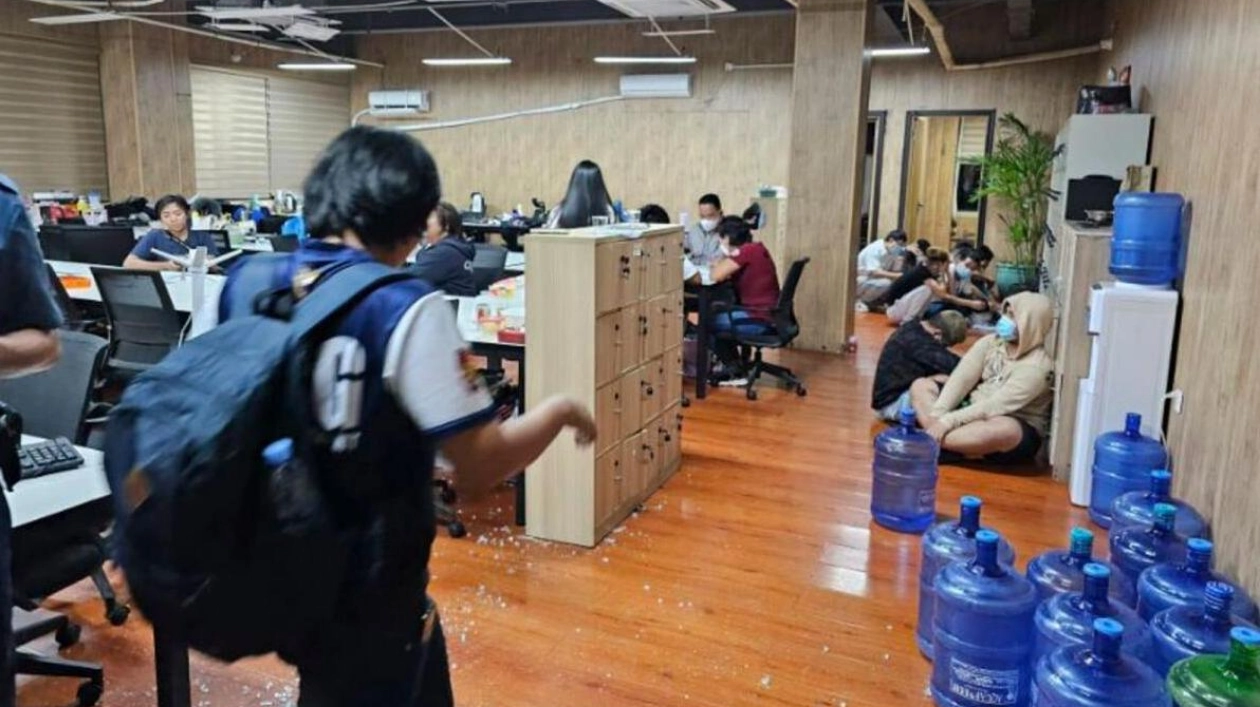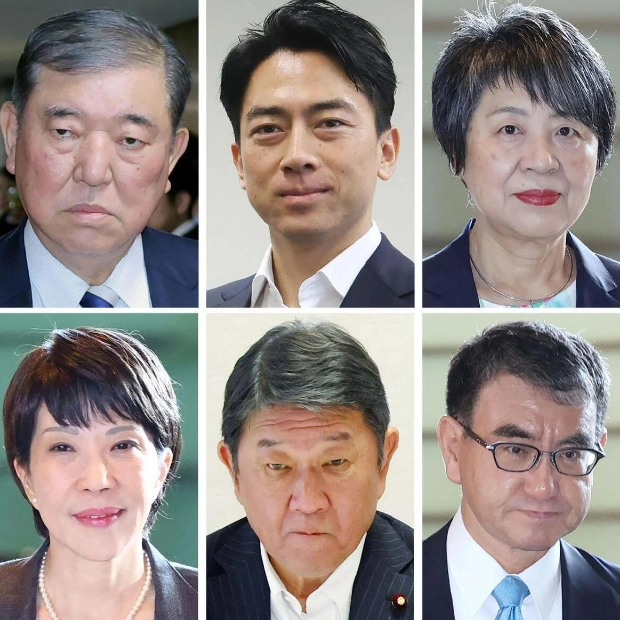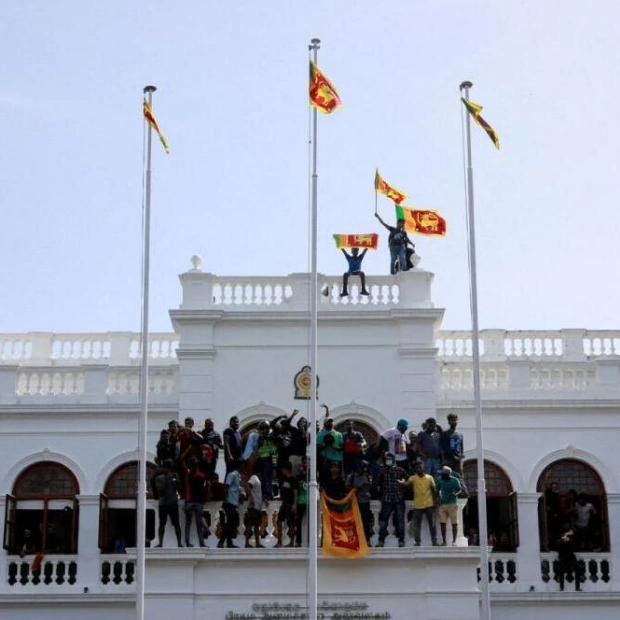The scandal began with a raid on a Chinese-operated online gambling hub north of Manila, where hundreds of foreigners and Filipinos were coerced into fraudulent activities or faced the threat of torture. Subsequent allegations implicated the local mayor, Alice Leal Guo, who was accused of being a Chinese national posing as a Filipina and involved in the illegal operation. This revelation shocked the nation and intensified demands for the government to prohibit the online gambling industry due to its associations with financial fraud, kidnapping, prostitution, human trafficking, torture, and murder.
President Ferdinand Marcos recently banned the industry, stating that "the grave abuse and disrespect to our system of laws must stop," and foreign workers have been given two months to depart the Philippines. Authorities suspect there may be numerous illegal online gambling operations, including some among the over 40 licensed operators, that are operating scam centers without the knowledge of public officials. Mayor Guo of Bamban, where the raided scam center was located just meters from the municipal hall, has been charged with human trafficking and money laundering in connection to the operation. She has been suspended from her duties and is in hiding following the issuance of an arrest warrant, denying all allegations against her.
Senator Risa Hontiveros commented that "Alice Guo seems to be just the tip of the iceberg" during a Senate committee investigation into the online gambling industry. The investigation aims to uncover a complex network involving international criminal syndicates, local and national politicians, and potentially hostile elements from a foreign state. The sprawling Bamban complex, operated by Chinese nationals and featuring office buildings, luxury villas, and a large swimming pool, was raided in March after a Vietnamese worker escaped and alerted the police. Over 700 individuals from various nationalities were found on site, along with documents suggesting that Guo was the president of a company that owned the compound.
Scam centers have proliferated across Southeast Asia, with crime syndicates enticing, kidnapping, or coercing workers into engaging in predatory online activities, generating billions of dollars. Victims have recounted being lured across the region under the guise of romance or lucrative job offers, only to be forced into convincing people to invest in fraudulent platforms. In the Philippines, these scam centers often masquerade as online gambling operations, primarily managed by Chinese nationals targeting overseas individuals. Official data indicates that over 60,000 foreigners and Filipinos are employed by licensed online gambling companies, with estimates suggesting that up to 100,000 could be working for illegal ones.
These operations thrived under former President Rodrigo Duterte after the government regulator was granted the authority to issue nationwide operating licenses. Many lost their licenses in 2023 and went underground, prompting authorities to urgently shut them down. Since last year, five such centers have been raided, resulting in the repatriation, expulsion, or charging of several thousand foreigners. Winston Casio, spokesman for the Presidential Anti-Organized Crime Commission, emphasized the need for accountability among public officials, including mayors and police chiefs, who have allowed these scam centers to operate openly.
Inside the Bamban compound, victims were engaged in online scams under the threat of physical harm or other penalties. Dylan, a Malaysian national in his 20s, worked there for a month after being deceived by a friend into visiting the complex. Once inside, he was not allowed to leave and suspects his friend sold him to the Chinese bosses in exchange for his own freedom. Dylan, who used a pseudonym for the interview due to being a state witness, described being forced to use Chinese matchmaking sites to contact parents seeking a husband for their daughter, then convincing the women to invest in a fake Chinese oil company in Dubai. Scammers were required to meet a monthly target of 300,000 yuan or face torture, receiving a 10 percent commission but no salary, and working at least 12 hours a day, seven days a week.
Guo's nationality has been a focal point of the Senate investigation, coinciding with deteriorating relations between Manila and Beijing over South China Sea disputes. The National Bureau of Investigation revealed that Guo's fingerprints matched those of a Chinese national who had received a special investor resident visa along with her Chinese mother. Authorities have frozen assets belonging to Guo and others linked to the scam center, including 90 bank accounts, properties, luxury vehicles, and a helicopter. Casio expressed concern that Guo might attempt to evade arrest by altering her appearance at one of the clandestine hospitals set up by scam centers to treat their workers. A recent raid on an illegal medical facility uncovered equipment used for cosmetic surgery, highlighting the sophistication of these operations.






